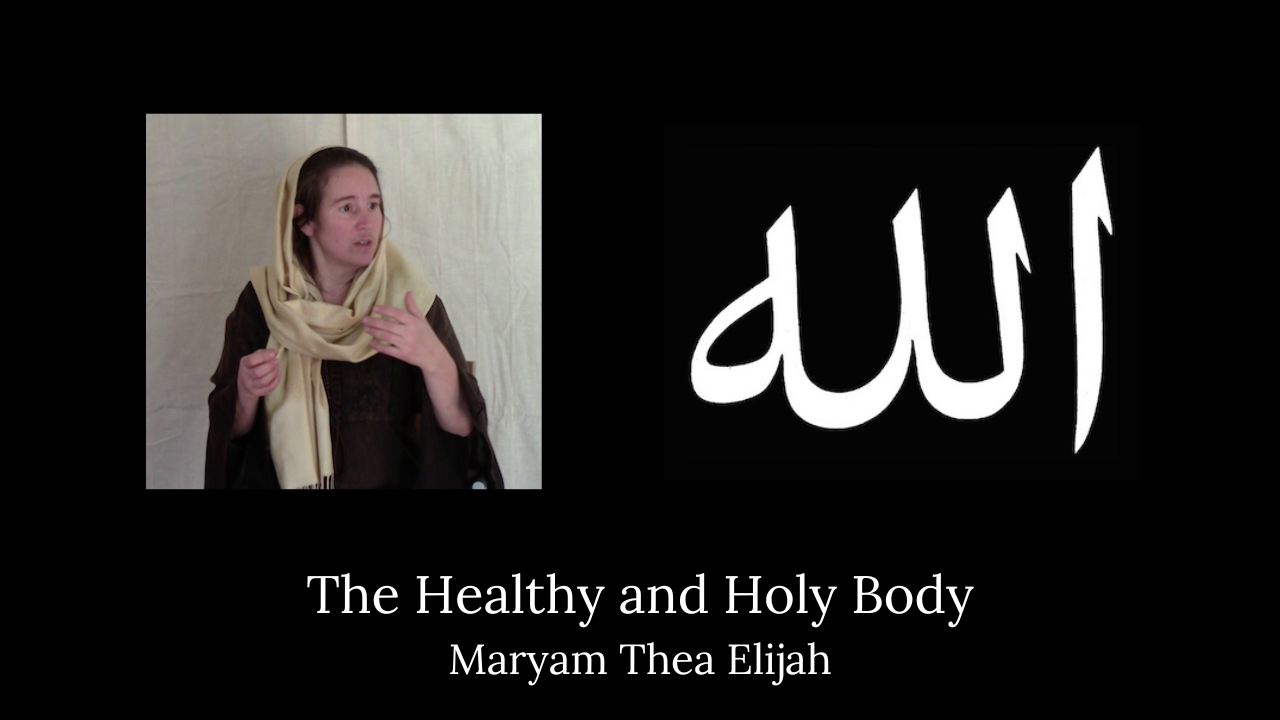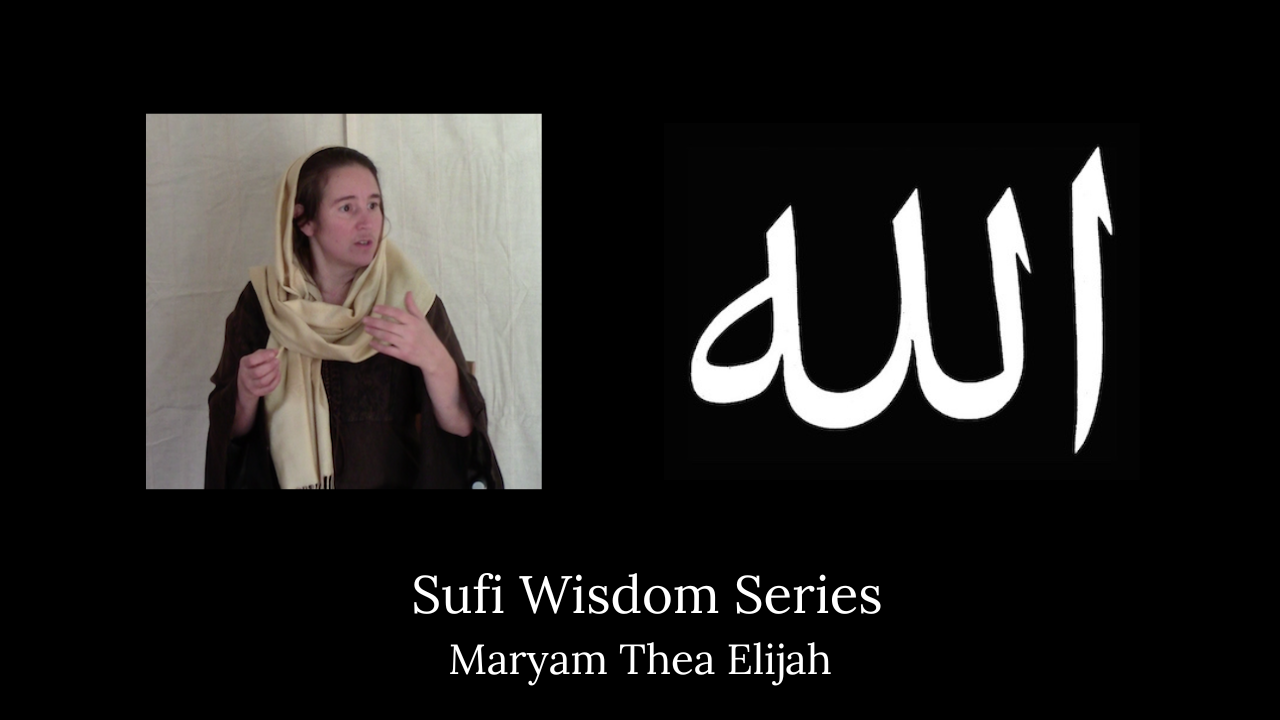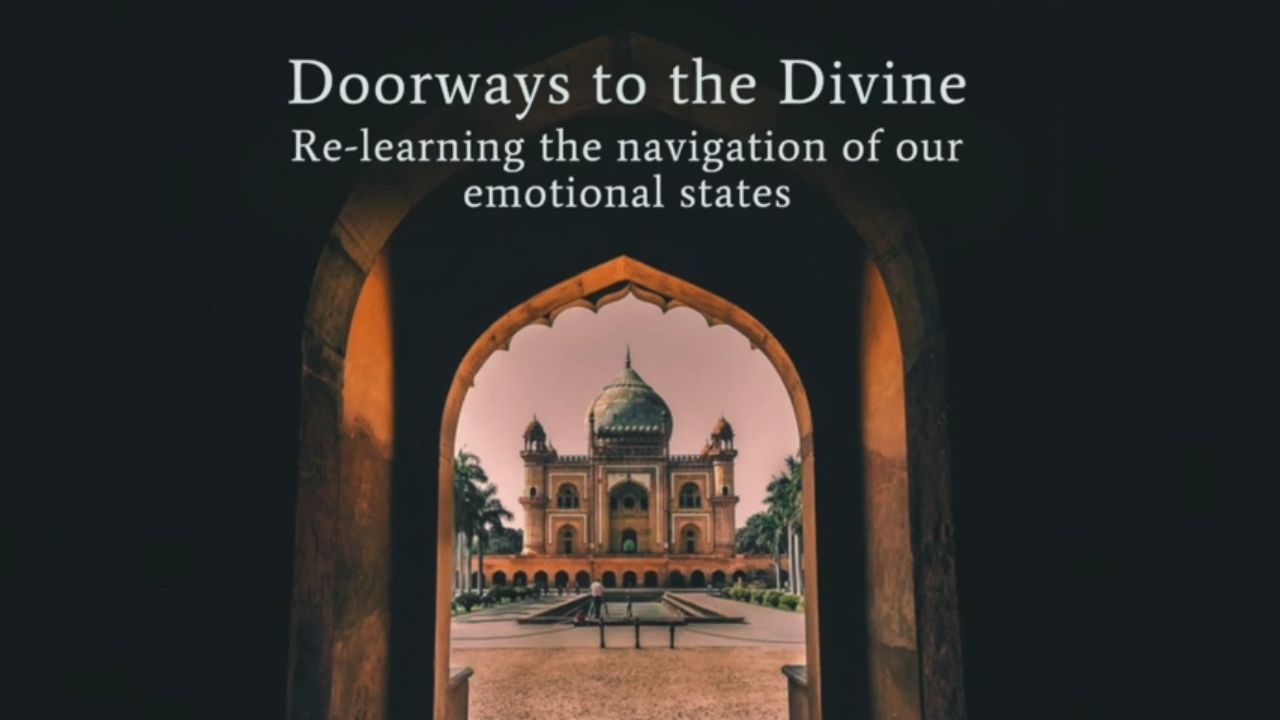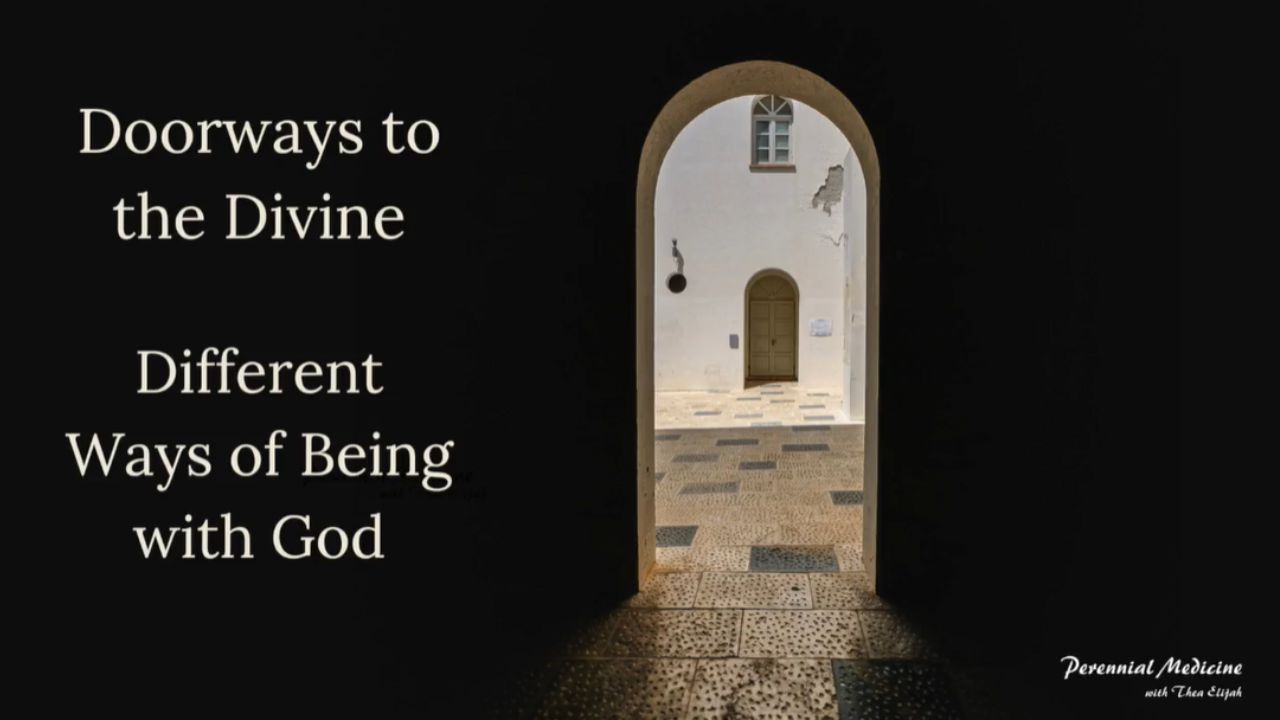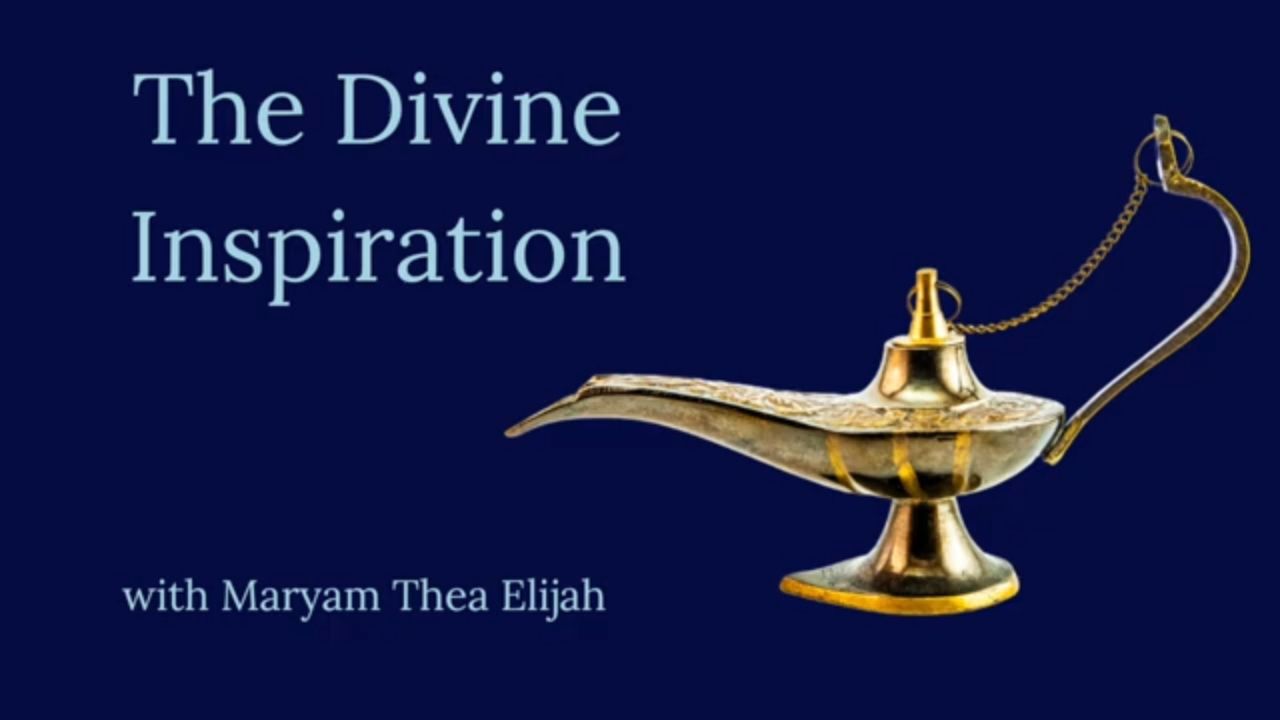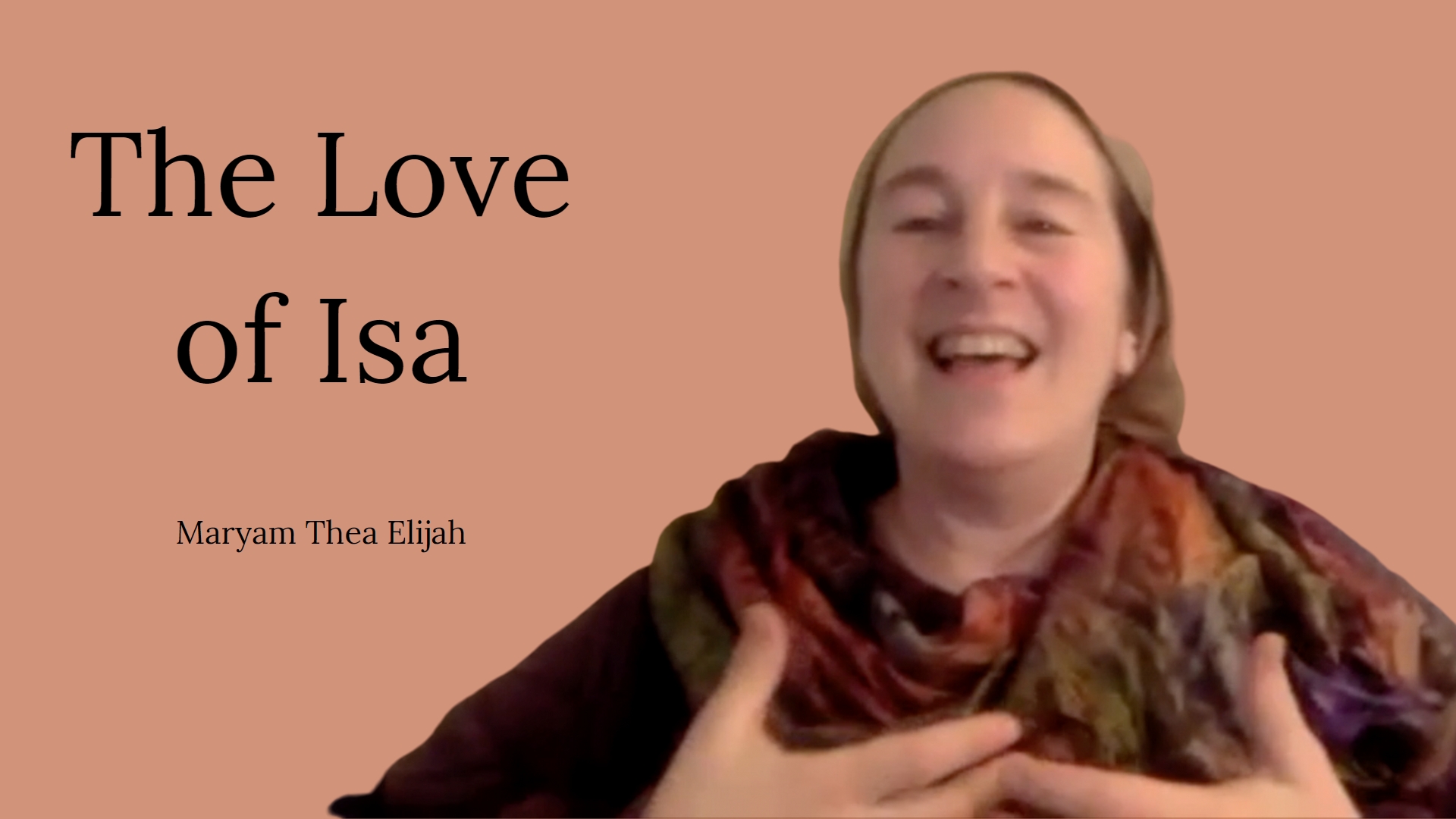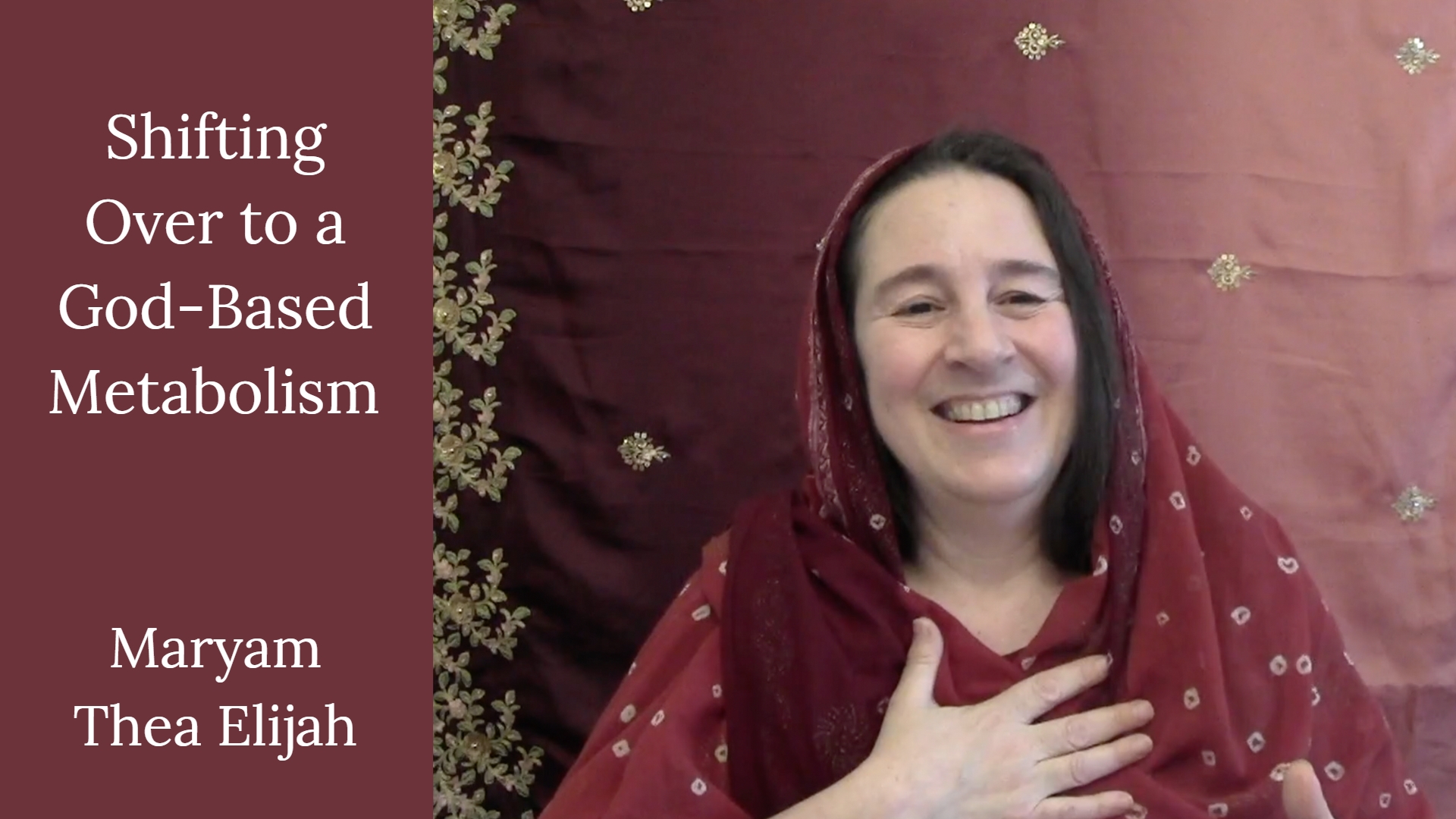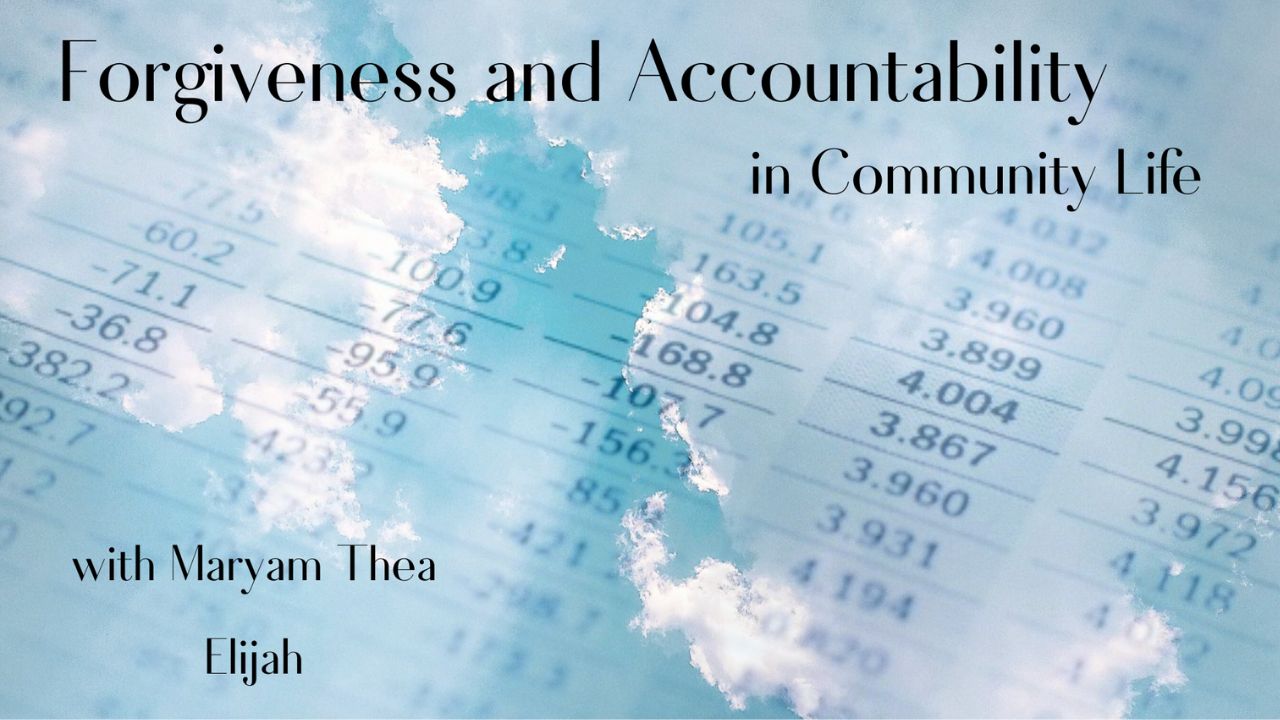Sufism Archive
Note: If you have any problems listening to the recordings or accessing the pdf documents, please log in to your account on the website and the links will work. If you do not have an account, you can create one.
Welcome to the Sufism Archive! Here you can find Thea Elijah’s articles and audio and video lectures on the mystical tradition of Sufism, a deeper exploration of the path of the heart, as well as explanations of the history and value of many Sufi practices. All the materials in the Sufism Archive are provided free of charge. Inshallah you will find great benefit in these resources.
If We’re All One, Why Can’t We Get Along? (MP3, 42:35)
This is a sermon Thea preached at a Unitarian church on Sufi peacemaking skills.
Sufi Practices: Why Do Them? (MP3, 55:11)
This is a talk about the intent of the practices, and how to use distinguishing the Voices (Allah, Nafs, Shaytan) as a criterion for whether or not they are right for you.
Trusting the Teacher (MP3, 25:20)
A Sufi teacher is a helper, not a guru. This is a talk about what it means to have a healthy relationship of trust with Sidi, or with any teacher or healer.
Entering Sufism, Taking the Promise, Getting a Name (MP3, 31:14)
This is not a sermon; this is Thea’s 30-minute answer to the question of how she got introduced to Sufism. It goes on to talk about her experience of taking the Promise and getting a Sufi name (also her son’s experience of same).
A Sufi Approach to Suffering (MP3, 54:05)
This is a recording from Thea’s ongoing local class for students more familiar with Sufi practices, but there is much here that might be useful to anyone.
Allahu Akbar (MP3, 37:53)
This is a recording of Thea’s first Sufi phone class, and gives the most basic orientation to the material, and particularly to the word “Allah” as a radically inclusive unity, rather than an old man in the sky.
Astagfir Allah al-Athim (MP3, 40:20)
This recording of the second Sufi phone class speaks of the gap between the actuality of unity and our empirical perception of being separate, and teaches the first step in a movement back into direct experience of the unity.
Himma and Desire (MP3, 5:07)
What is the relationship between my desires, my prayers and the destiny for which I am created?
These are recordings of Thea leading the bead chant of al-Wird. The first recording is just the Wird, with no commentary. The second recording includes a brief explanation of each of the chants for each of the layers.
Al-Wird (M4A, 27:20)
Al-Wird with Commentary (MP3, 41:40)
The four chants are:
1) Astagfir Allah al-Athim
2) Alahumma salli ala sayidina Muhammadun, wa alihi wa sabihi wa salim
3) La ilaha ila’llah
4) Allah
For those who are familiar with al-Wird: In this recording, you may notice Thea “adding” various short recitations in between the four central chants. These are from the original Wird of Shaykh Ash-Shadhuli. For anyone who is interested in the long version of al-Wird, the original Wird of Shaykh Ash-Shadhuli went like this:
1x Audthu bilahi min ash-shaytan irajeem
Bismillah ir-rahman ir-rahim
Bismillah ir-rahman ir-rahim
Bismillah ir-rahman ir-rahim
Wa ma tuqadeemu li anfuseeku min kkhairon tajiduha
indillahi hua kaira
wa adhima adjira wa astagfir allah
inallaha ghafurun rahim
100x Astagfir allah
1x Astagfir allah al-adhim al la ilaha ilahu al-hayy al-qayuum wa atubu illay
1x inallah wa maaikatahu yu sulluna allah nabi
ya ayuha ladina amanu sullu aliahi wa sallimu taslima
100x allahumma salli ala sayidina muhammadun wa ala alihi wa sabihi wa salim
1x allahumma salli ala sayidina muhammadun abdika wa raullika nabbi l- umi wa ala alihi wa sabihi wa salim taslima
1x shahid allahu an-nahu la ilaha ilahu
wal mala ikatahu wa ulu l’ilmi
qa-iman bilqist
la ilahi ilahu al-aziz al-hakim
ina deena ind allahi-l-islam
100x la ilah ila ‘llahu
wahdahu laa sharika laa
la hul mulku wa la hul hamdu
wa hua alla kulli shayin qadir
1x la ilah ila ‘llah sayidina muhamadun rasullulahi
salallahu allayhi wa sallim
3x Surah Iklas
1x Subhana rabika rabbi-l-izzati ama yasifun
wa salamun alal mursaleen
wa-l-humdulillahi rabbil al-amin
Sufi healing has many diagnostic categories that can be useful to practitioners outside a formal Sufi practice. The concept of distinguishing the Voices inside ourselves, or inside the client, can radically clarify the healing process. The Nafs is the Self, which usually seeks the perpetuation of its pleasures and fears. The voice of Allah is the voice of the Heart/Divine Unity. The voice of the Shaytan is the Dark Whisperer whose sole intent is to lead us away from our own Heart. Over two hours of audio, including a nine-page PDF.
Healthy Pain, Healthy Evil, and Healthy Shaytan (PDF, 9pp)
Distinguishing the Voices Part 1 (MP3, 57:01)
Distinguishing the Voices Part 2 (MP3, 38:44)
Distinguishing the Voices Part 3 (MP3, 46:31)
One of the Sufi cultural influences that I most welcome in my community life is the practice of the adab, or Deep Politeness.
Adab, or the Deep Politeness (PDF, 3pp)
